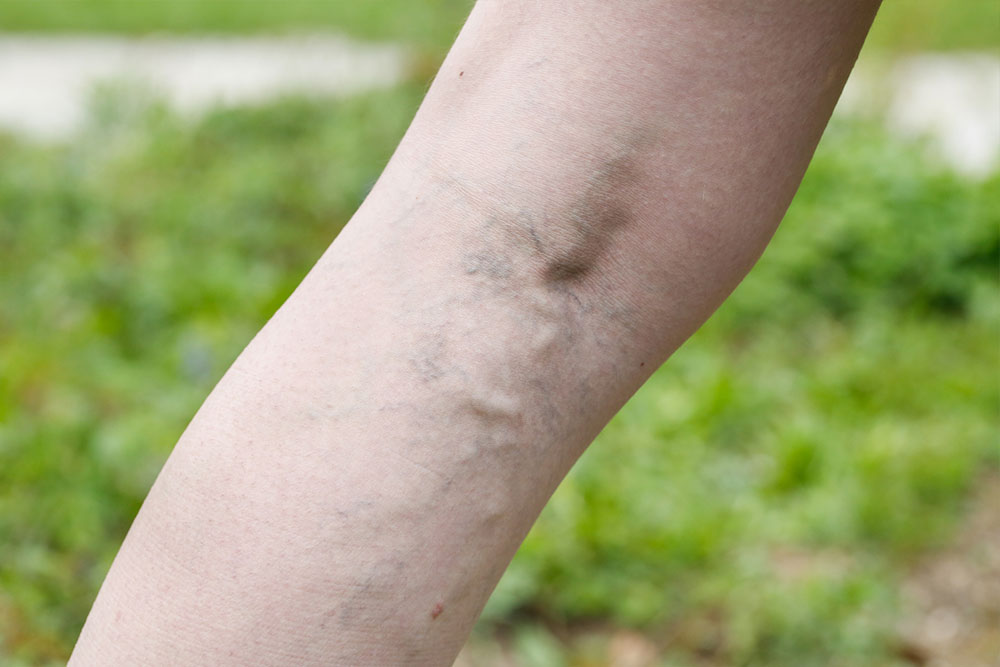Understanding and Managing Varicose Vein Symptoms
Learn about the symptoms and management options for varicose veins. Discover effective treatments, including lifestyle modifications, compression therapy, and minimally invasive procedures. Early diagnosis and professional care can prevent complications like skin ulcers and improve quality of life.

Understanding and Managing Varicose Vein Symptoms
Visible blue or purple veins on legs or other areas can be concerning. If you notice these veins appearing under your skin, consulting a dermatologist is advisable. This condition, known as varicose veins, results from faulty valves that cause blood to flow backward, leading to enlarged, twisted veins. It commonly affects adults, including pregnant women. Symptoms include spider veins, swollen ankles, and aching legs, which can worsen if untreated. Various treatment options, from home remedies to medical procedures, can effectively manage this condition to prevent complications like skin ulcers.
Initial signs of varicose veins may be painless, but symptoms such as swollen, lumpy veins, leg heaviness after exertion, skin discoloration, and cramping can develop over time. Diagnosis involves physical exams and ultrasound tests to assess vein function and detect blood clots. Treatments range from lifestyle changes and compression stockings to minimally invasive procedures like sclerotherapy, laser therapy, and radiofrequency ablation. These treatments aim to shrink or seal affected veins, restoring normal blood flow and alleviating symptoms. Consulting a specialist is essential for appropriate management.
Protective Measures and Medical Therapies
Preventive measures include maintaining a healthy weight, regular exercise, and avoiding prolonged sitting or standing. Compression stockings help improve circulation and reduce discomfort. If necessary, medications prescribed by healthcare professionals can relieve pain and improve vein health. Procedures like sclerotherapy involve injecting a chemical into problematic veins, causing them to fade over time. Laser treatments and radiofrequency ablation use advanced techniques to target and seal veins from within, offering effective, less invasive options for severe cases. For personalized treatment, consulting a vein specialist is highly recommended.










